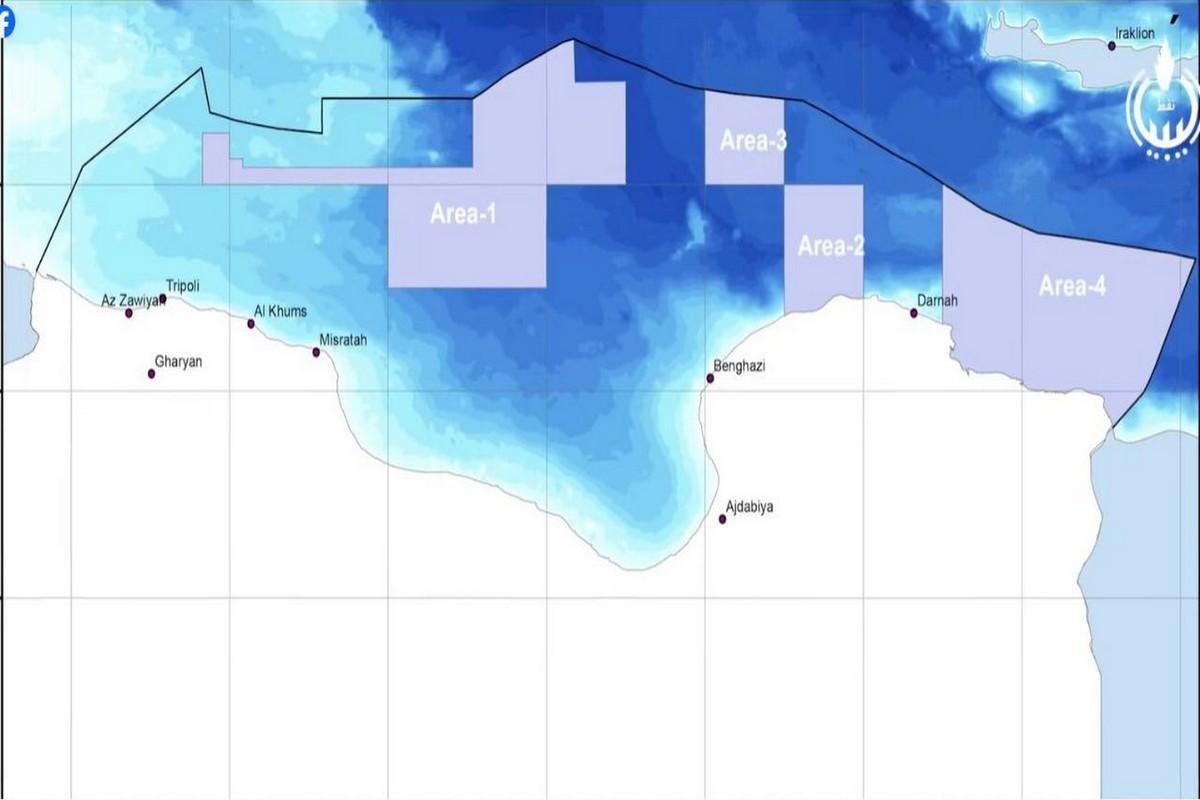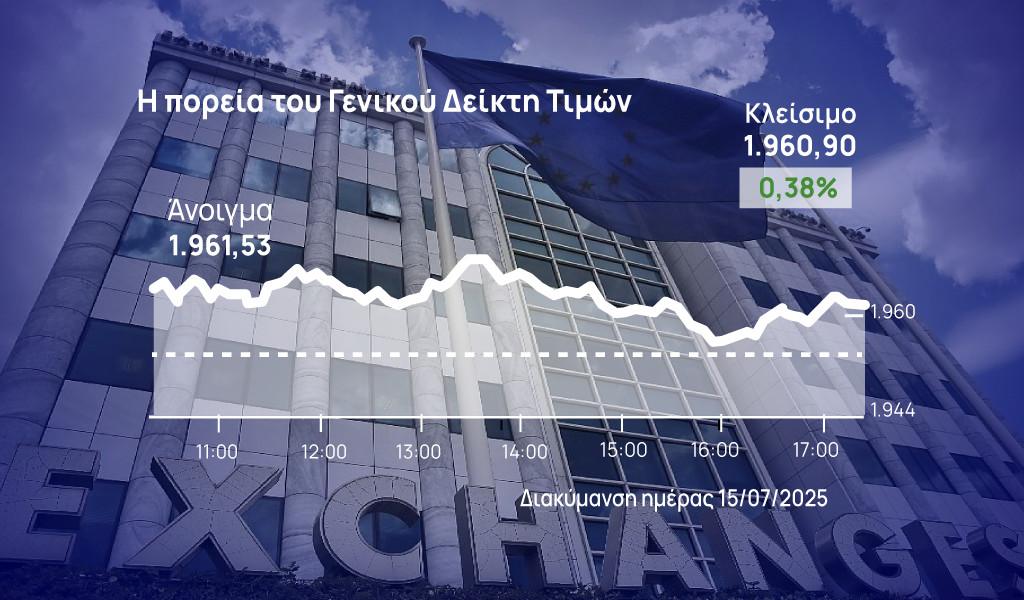The new labor bill to be put to public consultation ushers in nine major changes in the labor market with the flexible eight-hour shift, the new overtime regime, the stricter framework for redundancies, the increase in parental leave and the operation of more sectors on Sundays, along with new provisions on strikes, trade union law, teleworking and digital work card.
Opposition parties and trade unions are reacting strongly to the issue of mainly promoting the regulation of work time, emphasizing that “the eight-hour work day is being abolished”. However, according to the Ministry of Labor, the eight-hour workday was, is, and will remain guaranteed! As it pointed out, “the whole debate over its abolition is a silly debate.
In particular, the draft law provides for the following:
Working hours – When an individual contract is signed
Scheduling flexibility can only be applied under certain conditions and there are strict restrictions. The employee who refuses can not be fired and the signing of an individual contract can be done only if there is no trade union organization or association of persons within the firm.
In particular, in companies where conventional working hours of up to 40 hours per week are applied, the employee is allowed to be employed for two hours a day in addition to 8 hours, provided that the additional 40 hours or of the minimum conventional working hours per week are deducted from the working hours of another part-time period. Instead of reducing the hours, the employee may be granted a corresponding daily rest or a combination of reduced working hours and rest days. The time of periods of increased and decreased employment does not exceed a total of six months in a period of twelve months.
The arrangement of working time is determined by business collective labor agreements, or the agreement of the employer with the trade union organization of the company, or the agreement of the employer and the employees’ council, or the agreement of the employer and the association of persons. The increase in working hours, if there is no trade union organization or association of persons within the company, is signed through an individual contract with each employee.
Redundancies
The reasons that a dismissal will become invalid from now on include a provision of the bill. Cases of dismissal of employees will be considered invalid, among others:
– exercising the right of disconnection,
-not accepting the employer ‘s proposal for part – time or shift work, and
– refusal to accept extra work in the context of working time arrangement and their refusal is not contrary to good faith.
Another provision provides for extra compensation, from 3 to 24 monthly wages, as an alternative to compulsory re-employment for employees whose dismissal is considered invalid by the courts.
Overtime
According to a provision of the draft law, in companies where conventional working hours are applied up to 40 hours per week, the employee can be employed for an additional 5 hours per week at the discretion of the employer (overtime). These overtime hours (41st, 42nd, 43rd, 44th, 45th hour) are paid with the hourly wage increased by 20%. For those employees who have a work system of six working days a week, overtime amounts to 8 hours per week (from 41st to 48th hour). Extra hours worked in both categories of workers are considered overtime. Employees are also entitled to overtime pay for each hour of legal overtime, up to 3 hours per day, and up to 150 hours per year, a salary equal to the paid hourly wage increased by 40%. However, any hour of overtime that does not follow approval procedures is considered illegal overtime. For each hour of illegal overtime the employee is entitled to compensation equal to the paid hourly wage increased by 150%.
It is pointed out that the increase of the overtime ceiling to 150 hours per year in the whole spectrum of the economy from 96 today in industry and 120 in other sectors, is a key provision of the labor bill.
The overtime pay system does not change, which means that every hour of overtime above 9 (one hour after the 8th and until the 9th is considered overtime) is paid with a daily wage increased by 40%.
Leave
Parents are also granted parental leave, while severe penalties for violence and harassment at work are imposed.
Sundays
A provision of the bill will expand the list of sectors whose employees will be employed on Sundays.
Teleworking
The provision on teleworking will provide, inter alia, that its implementation requires the agreement of the employer and the employee. Remote employment may be provided on a full-time, or part-time basis, as well as on its own or in combination with work at the employer’s facilities.
Digital Work Card
The companies-employers of the private sector are obliged to have and operate an electronic system for measuring the working time of their employees, directly connected and interoperable, in real time, with PS ERGANI II. With its use, any change in the working time of the employees is recorded in real time in PS ERGANI II.
Trade Union Law
Only employees ‘and employers’ organizations registered in the General Register of Employees ‘Trade Unions (GEMISOE) and the General Register of Employers’ Organizations have the right to collective bargaining.
It is possible to sign collective agreements in the sub-sector. The sub-sectoral collective labor agreements (national or local) are concluded, on the part of the employees, by secondary or primary trade unions, which cover employees of the same sector of activity, in Greece or on a corresponding local area.
Strike
The trade union organization that declares a strike is obliged to protect the right of the workers who do not participate in the strike, without the exercise of physical or psychological violence against them by anyone. If this does not happen, the strike can be stopped. In order to carry out mobilization in the State, local authorities, state entities and public utility companies, Minimum Guaranteed Service Personnel are required in addition to the security personnel and , which must be appointed by the trade unionists themselves. These basic needs to be met during the strike are defined as at least one third (⅓) of the normally provided service, depending on the risks that arise for the life, health and safety of citizens.














![Εξοχικές κατοικίες: Πόσο κοστίζει το τ.μ. σε Μύκονο, Σαντορίνη και Πάρο [γραφήματα]](https://www.ot.gr/wp-content/uploads/2025/07/14_07_ot_exoxika_EXO.png)























